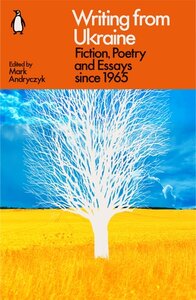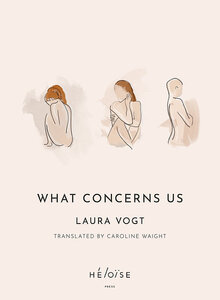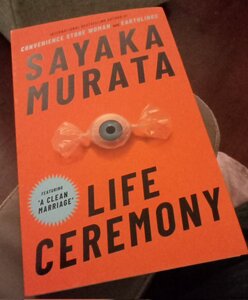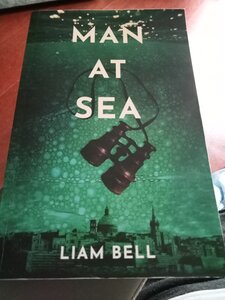After Convenience Store Woman and Earthlings, Sayaka Murata has become one of my must-read authors, so I was looking forward to this story collection. I’m used to her work starting off innocuously, before something strange stops me in my tracks. So it proved with the opening story here, ‘A First-Rate Material’. It begins with an apparently ordinary scene of afternoon tea, before one character says to the narrator: “Hey, Nana, that sweater…Is it human hair?”
Yes, that’s a Sayaka Murata story, and no mistake.
In this story, human remains are commonly reused: hair for clothes, bone for rings, fingernails to decorate a chandelier. Nana is fine with this, but her fiancé Naoki sees it as sacreligious. To Nana, reusing people’s remains is a way of honouring our humanity, but she resolves to respect Naoki’s beliefs. That’s until she goes to visit his family, and the couple both find their preconceptions tested.
What I particularly like is the way that the element of strangeness becomes a larger-than-life means to explore fundamental questions of what we value and how we relate to each other. The combination of otherworldliness and a focus on deep questions plays out across the collection in different ways. Some tales are snapshots of the strange, such as ‘Poochie’, in which a middle-aged man, without irony, takes the place of a pet dog (his standard bark is “Finishitbytwo!”). Then there’s ‘Lover on the Breeze’, which sees a bedroom curtain develop a crush on a visiting boy. There’s real emotional heft to these stories, because Murata (in Ginny Tapley Takemori’s ever-superb translations) keeps them grounded.
Other stories map out a process of change in more detail. In ‘Eating the City’, urban-dwelling Rina is reluctant to eat vegetables, because she feels they’re of poor quality in the city. But she thinks back to her rural childhood and her father’s love for wild foods, and that changes her mind. She starts to explore the wild plants available to eat in the city, and in turn this gives Rina a feeling of being closer to her environment. This story really got under my skin, as Rina talks about spreading her enthusiasm in terms of “marinating” another person and changing them from the inside out.
The title story ‘Life Ceremony’ is one that seems to bring the different aspects of Murata’s approach together. In this piece, a decline in population has changed certain attitudes: sex is now “insemination”, a social good done for reproduction rather than pleasure. When someone dies, it is customary to hold a life ceremony at which the deceased’s remains are eaten – and at which people then look for an insemination partner, to keep the cycle of life going.
Maho, the protagonist of this story, is old enough to remember when it was forbidden to eat human meat, and she’s never been able to accept the new custom. But when a close work colleague dies suddenly, the experience of his life ceremony challenges Maho to change her mind – and the reader’s preconceptions are challenged in turn.
Time and again, the stories in Life Ceremony – just like the ending of Convenience Store Woman – put the reader into the main character’s position. What seems strange from the outside gains emotional force from the inside as we come to understand the characters more deeply. To read Life Ceremony is to see things differently.
Published by Granta Books.
Like this:
Like Loading...











Recent Comments